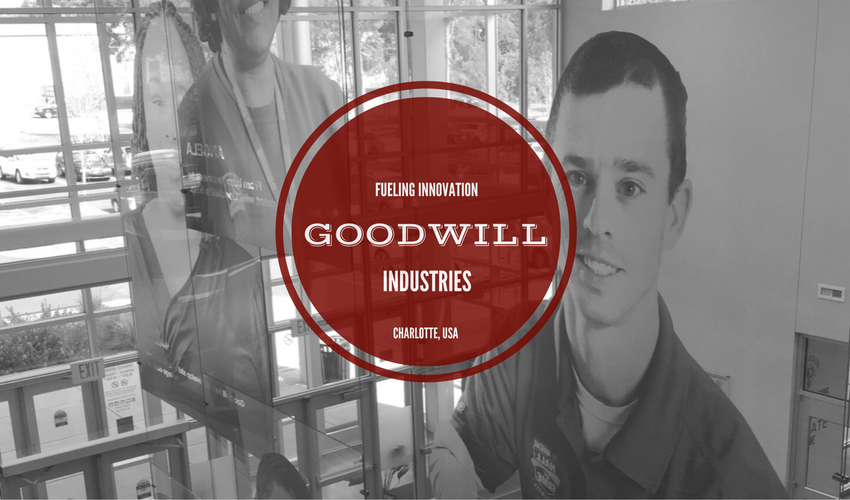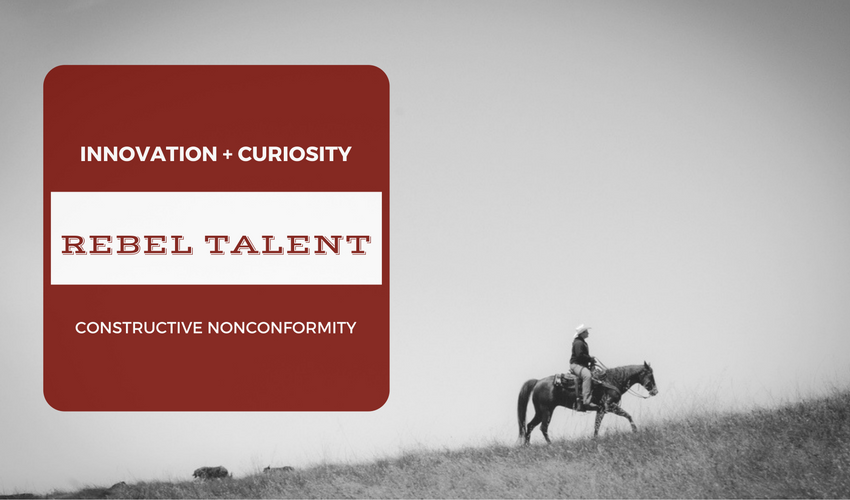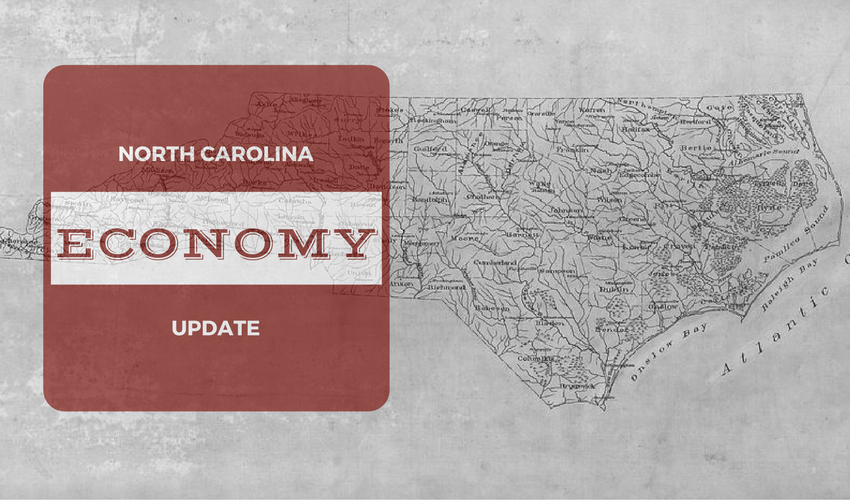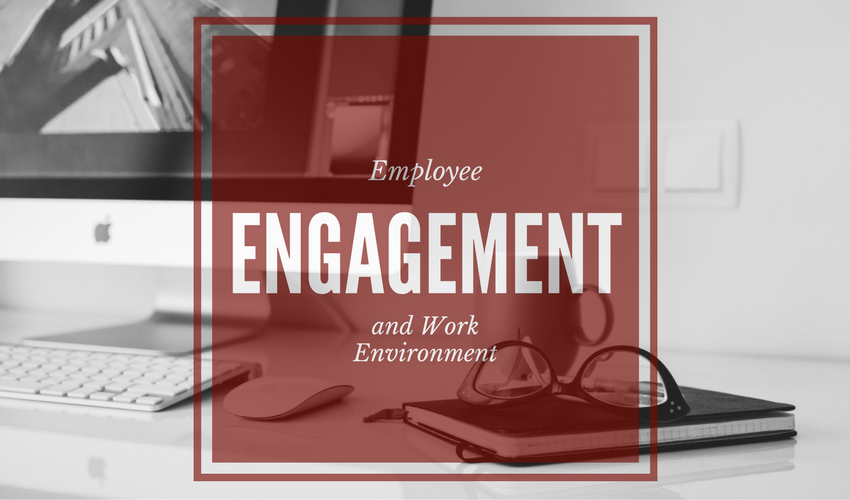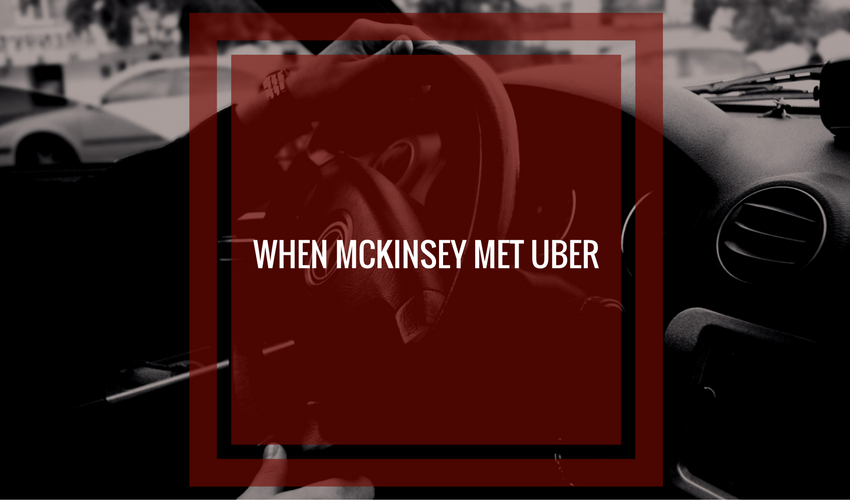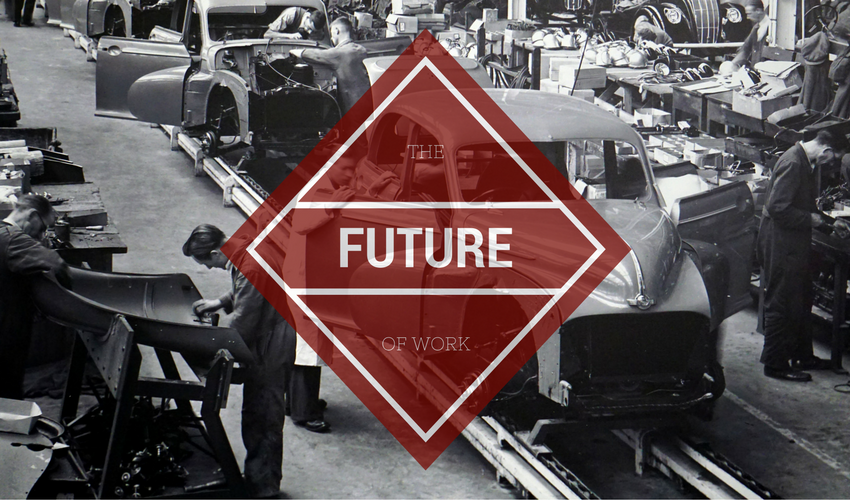Fueling Opportunity in the Queen City through Innovation
Goodwill = Innovation?
Yep, you better believe it. Today we joined a team of folks from Social Venture Partners Charlotte and toured Goodwill’s brand spanking new, $22 million Leon Levine Opportunity Center in west Charlotte. And we we blown away.
Forget what you think you might know about the Goodwill experience. When we entered the building located at 5301 Wilkinson Boulevard, we were transformed into a high-energy universe filled with natural light, soaring ceilings, original art, a very tasty restaurant featuring locally-sourced food, and more.
Goodwill’s new 160,000 square foot facility is vitally important to Charlotte. With a 2014 Harvard study having ranked Charlotte as 50th out of 50 large cities in the country for economic mobility, the Croixstone team applauds Goodwill for its innovative approach in bundling a comprehensive collection of resources and opportunities for job training, job placement and job creation in the Charlotte metro region for individuals with barriers to employment.
Learn more here.

